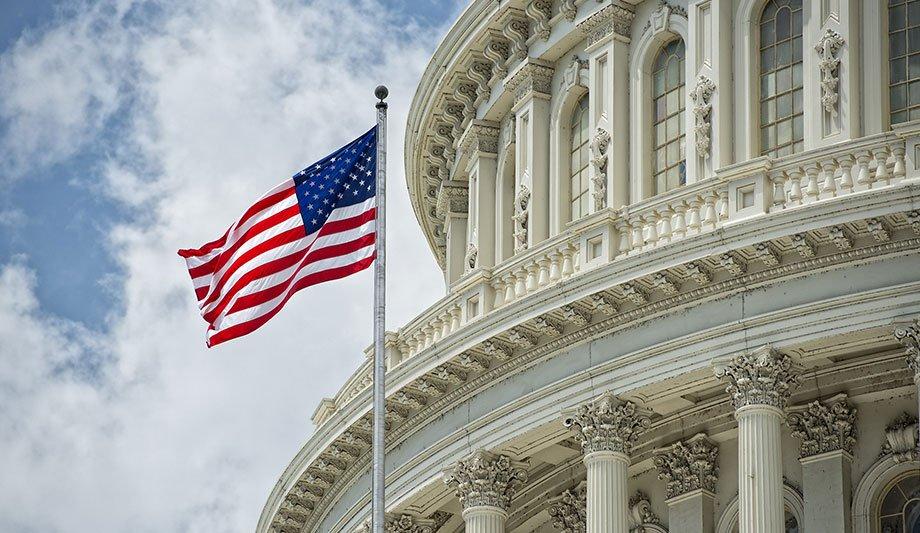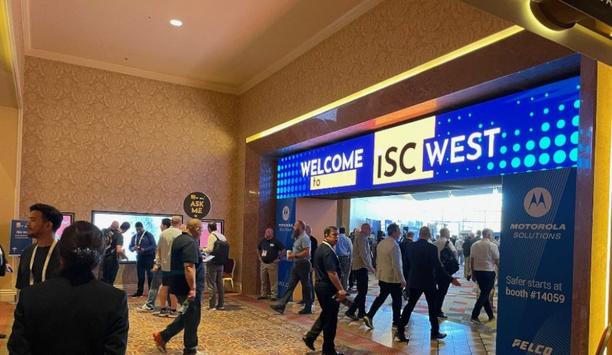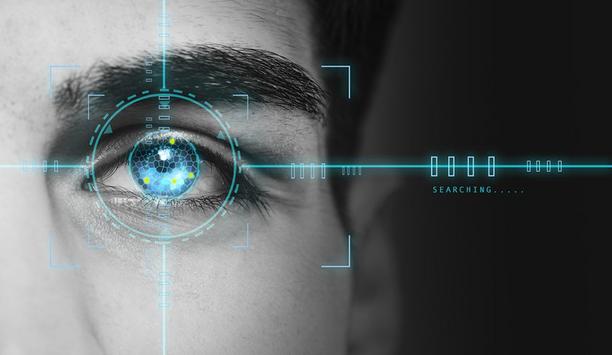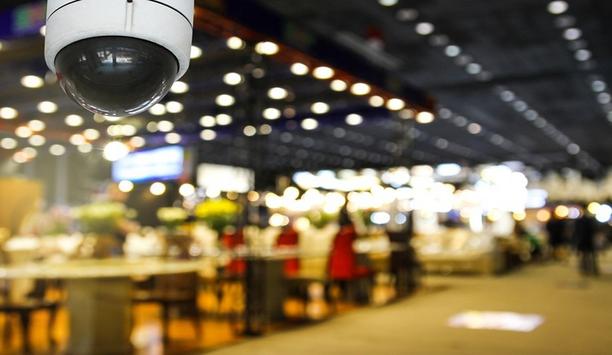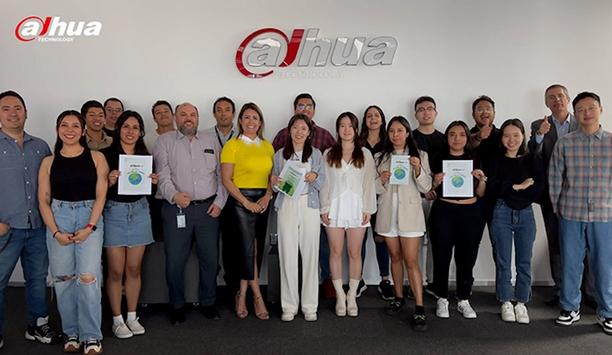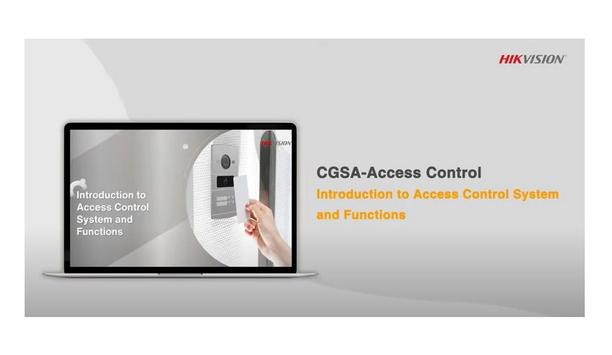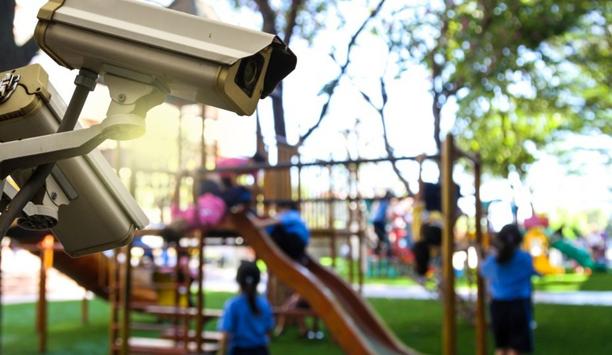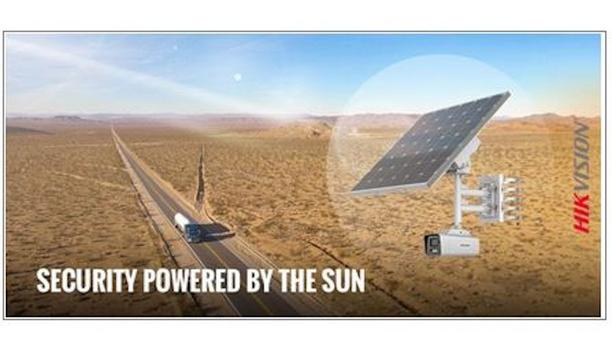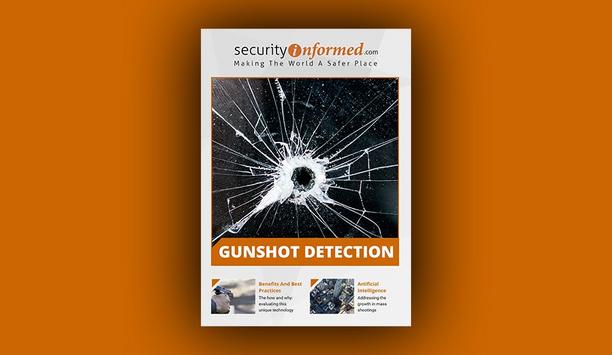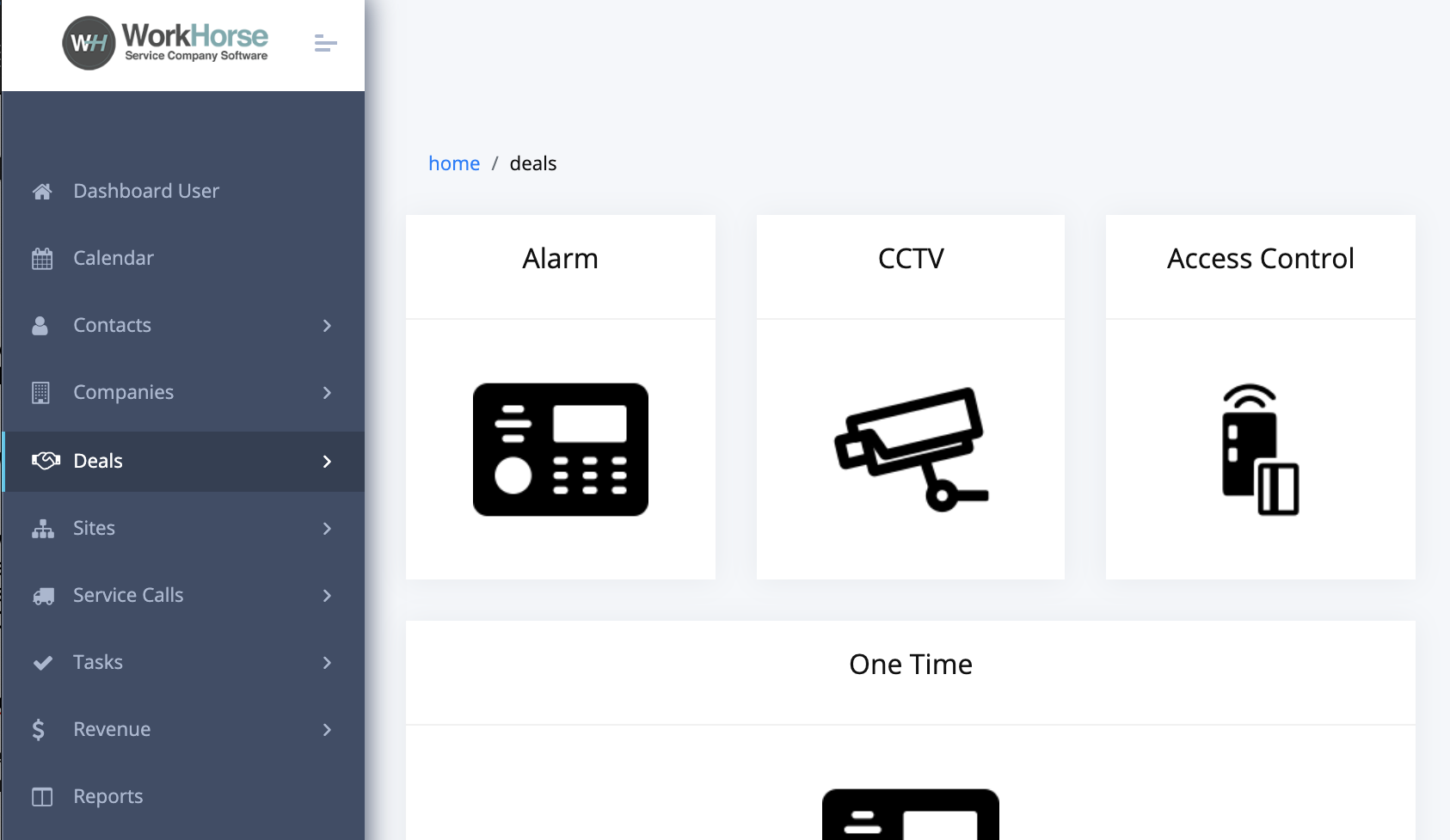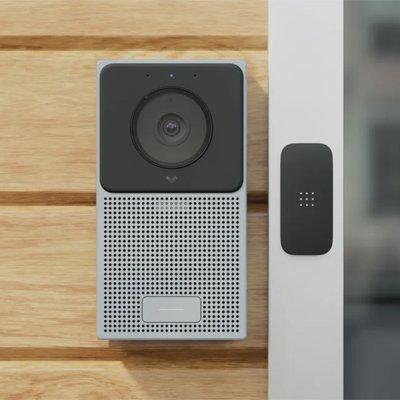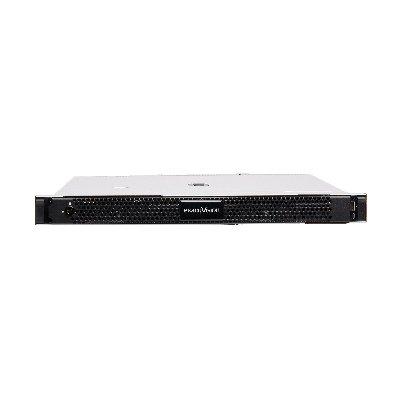Within days, a rule will take effect that bans from U.S. government contracts any companies that “use” video products from Chinese companies Hikvision and Dahua. The Federal Acquisition Regulation (FAR) rule implements the “blacklist” (or “Part B”) provision of the National Defense Authorization Act (NDAA), which is understood in the security industry as prohibiting dealers and integrators that do business with the federal government from selling Chinese-made video products to any of their customers (even for non-government projects).
The rule, which is officially still interim, states: “On or after August 13, 2020, [federal] agencies are prohibited from entering into a contract, or extending or renewing a contract, with an entity that uses any equipment, system, or service that uses covered telecommunications equipment or services as a substantial or essential component of any system, or as critical technology as part of any system.”
Federal rules
Within days, a rule will take effect that bans U.S. government contracts any companies that “use” video products from Chinese companies Hikvision and DahuaFederal agencies issuing the rule are the Department of Defense (DoD), the General Services Administration (GSA) and the National Aeronautics and Space Administration (NASA). GSA provides centralized procurement for the federal government.
Because the COVID-13 crisis delayed issuance of the rule, the usual 60 days will not be allowed for public comment before the rule is implemented. However, public comments are welcome and will be addressed in subsequent rulemaking.
“Telecommunications equipment” refers to equipment or services provided by Huawei Technology or ZTE Corp, both Chinese telecommunications giants. The rule also specifies that it applies to “certain video surveillance products or telecommunications equipment and services produced or provided by Hytera Communications Corp., Hangzhou Hikvision Digital Technology Company, or Dahua Technology Company (or any subsidiary or affiliate of those entities).” Hytera is a Chinese manufacturer of radio systems. Hikvision and Dahua are major international manufacturers of video surveillance equipment.
Limits and prohibitions
The rule states: “This prohibition applies to the use of … equipment or services, regardless of whether that use is in performance of work under a Federal contract.” In the industry, this clause is taken to mean that integrators that “use” any of the covered equipment are prohibited from selling to the government. “Use” presumably covers an integrator deploying the equipment in their own facilities and/or selling it to other customers. The rule also prohibits “service … related to item maintenance,” which in the case of a security integrator would include providing service contracts on previously installed systems.
Security Industry Association (SIA)
The Security Industry Association (SIA) comments: “Due to applicability [of the rule] to uses by entities with federal contracts even unrelated to their federal work, this broad interpretation is expected to have widespread impact on the contracting community across many sectors, as covered video surveillance equipment is some of the most commonly used in the commercial sector in the United States.”
Security integrators that do business with the federal government have largely anticipated the new rule and already switched their Chinese camera lines for NDAA-compliant competitors. However, as SIA points out, extensive common uses of the Chinese equipment in various commercial sectors raises additional concerns.
Easing compliance burdens
The interim rule adopts a “reasonable inquiry” standard when an offeror (government contractor) represents whether it uses covered equipment. “A reasonable As SIA points out, extensive common uses of the Chinese equipment in various commercial sectors raises additional concerns. inquiry is an inquiry designed to uncover any information in the entity’s possession about the identity of the producer or provider of covered telecommunications equipment or services used by the entity. A reasonable inquiry need not include an internal or third-party audit.” SIA notes that this provision may be aimed at easing the compliance burden by suggesting that contractors only need to inquire based on what information they already possess.
The 'blacklist'
The new rule covers Paragraph (a)(1)(B), which has informally been referred to as the “blacklist” provision of the NDAA, the John S. McCain National Defense Authorization Act for fiscal year 2019. However, the “Chinese ban” provision [Paragraph (a)(1)(A)] already went into effect a year after the law was signed by President Trump (August 13, 2018). “Part A” covers use of Chinese-made products in fulfilling government contracts.
A growing threat
Seeking to justify the new restrictions, the FAR rule states: “Foreign intelligence actors are employing innovative combinations of traditional spying, economic espionage, and supply chain and cyber operations to gain access to critical infrastructure and steal sensitive information and industrial secrets. The exploitation of “Telecommunications equipment” refers to equipment or services provided by Huawei Technology or ZTE Corp, both Chinese telecommunications giantskey supply chains by foreign adversaries represents a complex and growing threat to strategically important U.S. economic sectors and critical infrastructure.”
SIA has urged a delay in implementing the “Part B” provision, stating: “The federal government estimates that it will cost contractors well over $80 billion to fully implement this prohibition on the use of certain Chinese telecommunications and video surveillance equipment, yet endless delays in publishing the rule now mean that federal suppliers have just weeks to understand and comply with the new rule, which raises as many questions as it answers.”
SIA continues: “Federal suppliers across a wide range of industries have increasingly concluded that Part B is unworkable without clarification of the scope and meaning of key terms in the provision, which the rule does not do enough to define. For example, Part B bans agencies from contracting with a provider that “uses” any covered equipment or service. This term is not clearly defined in law or regulation, yet contractors must certify compliance beginning Aug. 13, 2020.”
The Part B rule, which only applies to prime contractors, enables agency heads to grant a one-time waiver on a case-by-case basis, expiring before Aug. 13, 2022.
